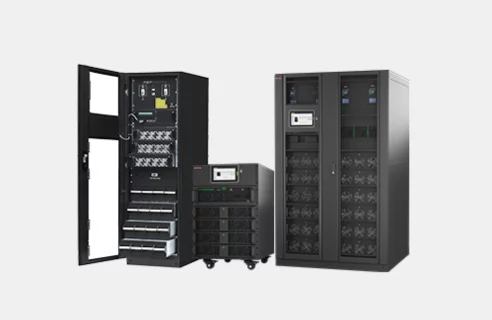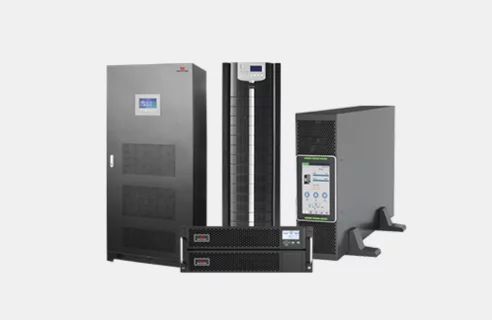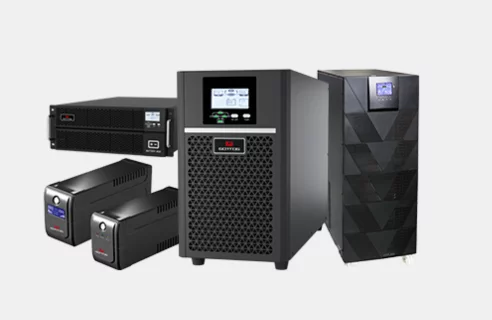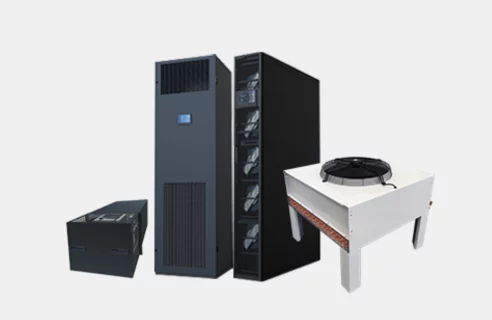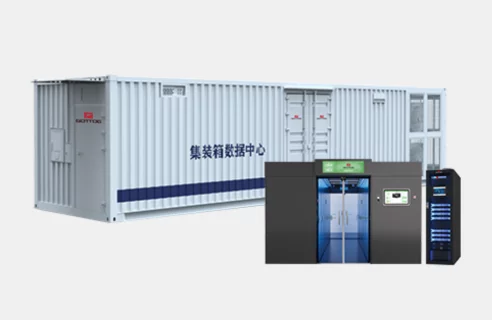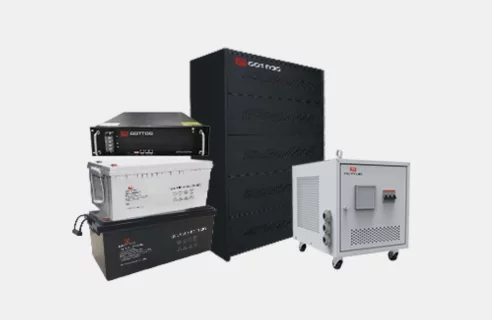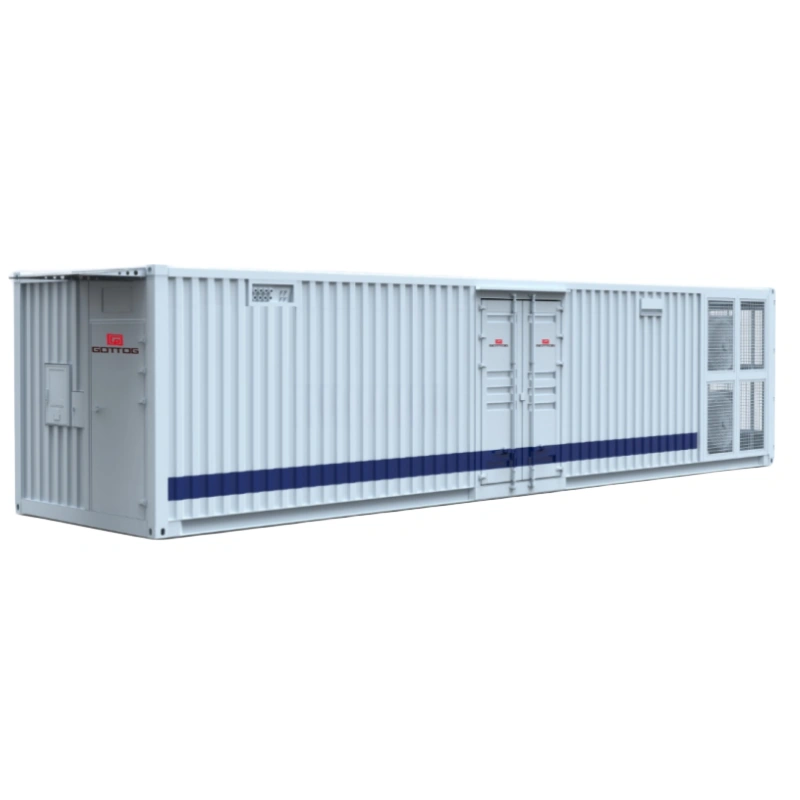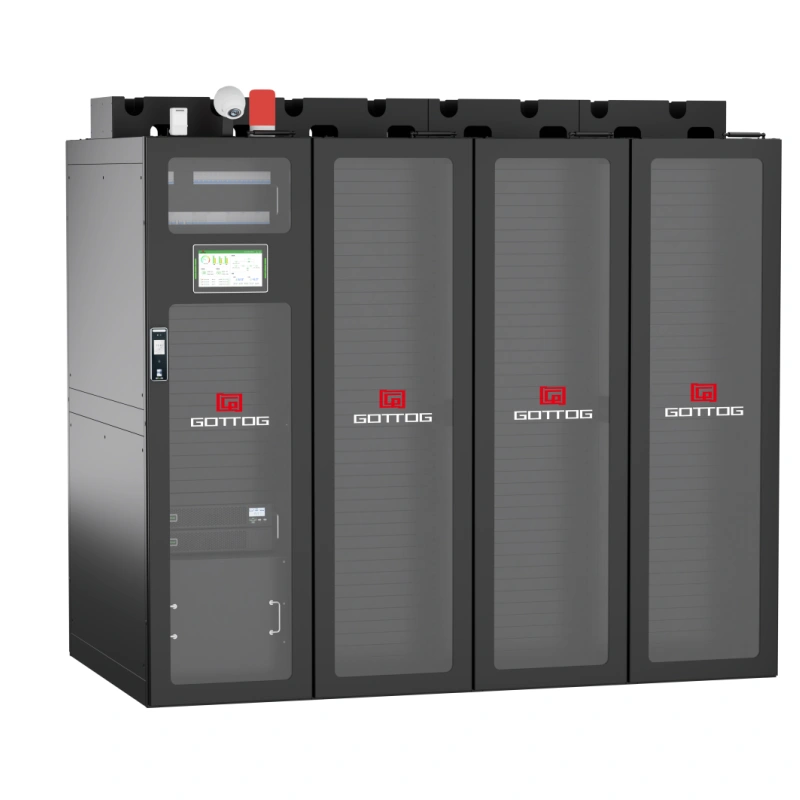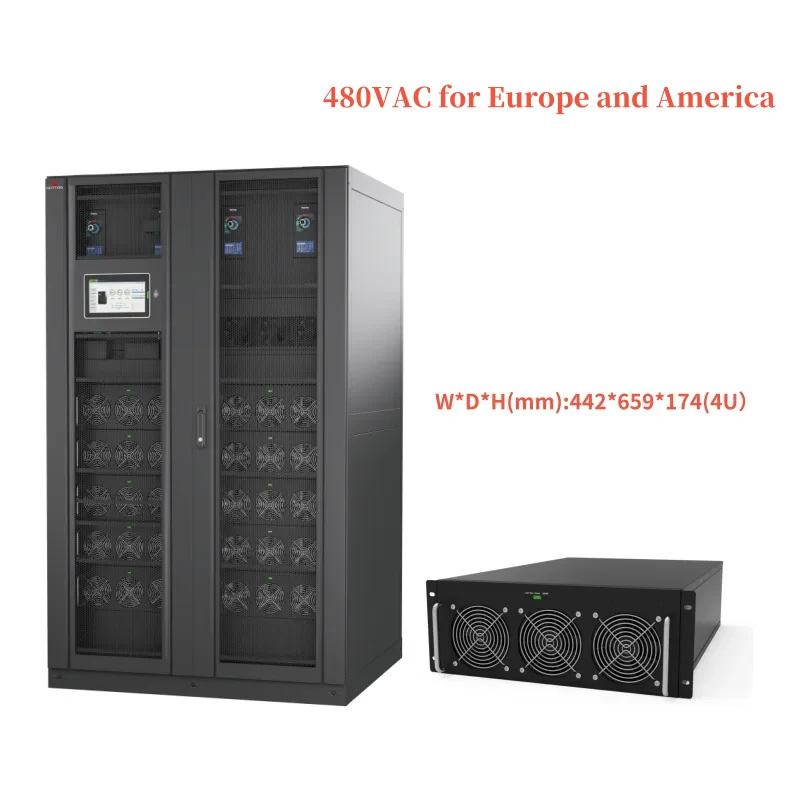One-stop Solution
Product & Service
GOTTOGPOWER main products include uninterruptible power supplies, precision air conditioners, micro-module data centers, inverter power supplies, DC charging modules, new energy vehicle drive power supplies, isolated power supplies, industrial control power modules, energy storage systems, digital energy operation and maintenance services, etc.
-
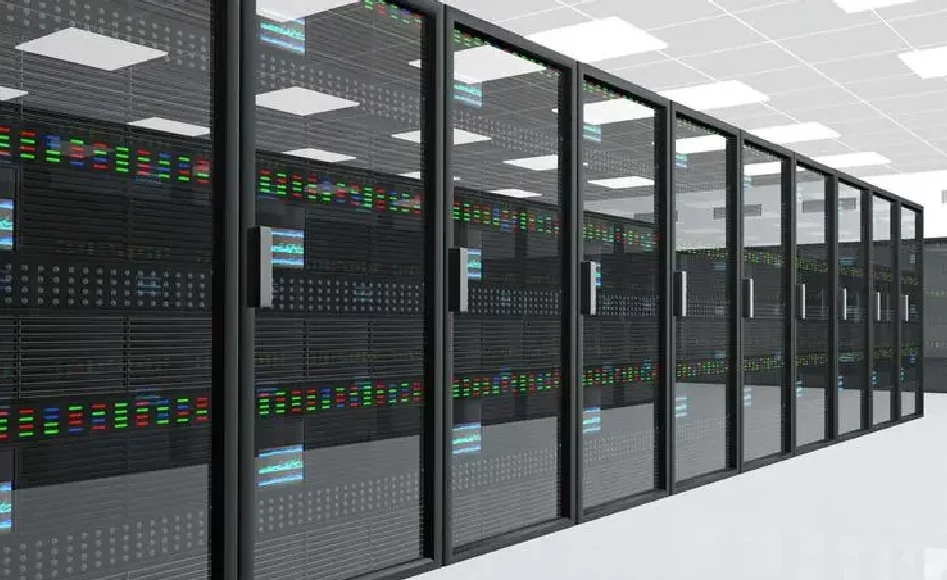
-
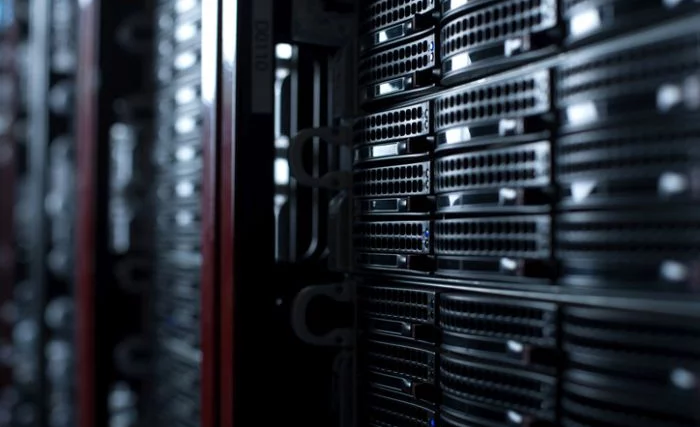
Whole Process Service
We have engineers on call 24/7 to respond with phone support or onsite attendance when necessary.
-
View More
About GOTTOGPOWER
GOTTOGPOWER (ANHUI) CO., LTD is a high-tech enterprise with 13 years of experience focusing on the research and development, production, sales and service of new energy digital power products such as network energy, solar energy, wind energy, hydro energy, new energy vehicles, and energy storage. The main products include uninterruptible power supplies, precision air conditioners, micro-module data centers, inverter power supplies, DC charging modules, new energy vehicle drive power supplies, isolated power supplies, industrial control power modules, energy storage systems, digital energy operation and maintenance services, etc., and are committed to provide a comprehensive range of green and sustainable energy life cycle solutions... -
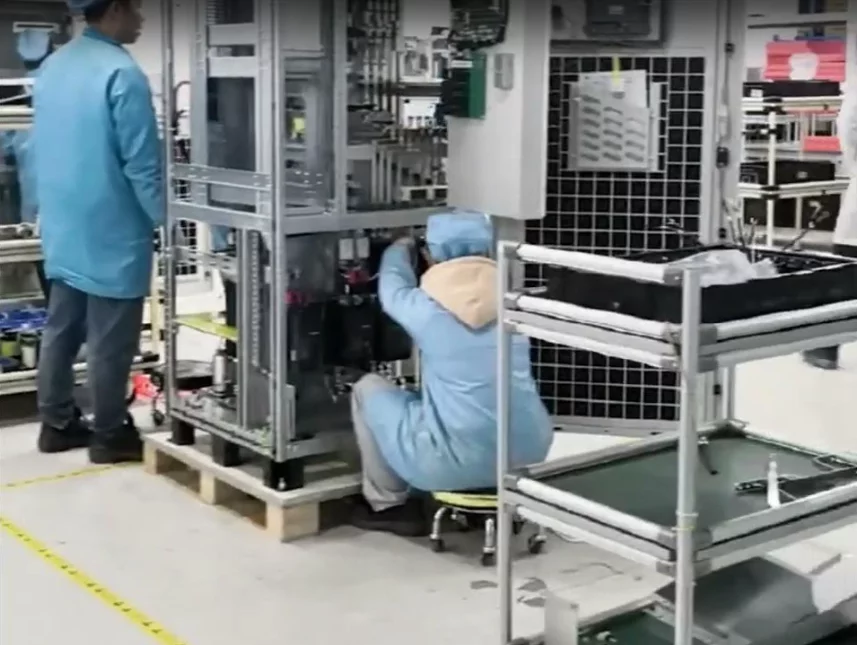
VIDEO
Why choose us?
-
Experience
13 years of experience in large-scale domestic projects and 6 years of experience in exporting overseas
-
Customers
Serving over 200 large and medium-sized customers, helping dealers expand their local market share
-
Production and Testing
10000㎡ factory, 3 testing laboratories, multiple precision testing instruments, and a complete production line
-
Certification and Patents
5 pre-sales engineers, 10 after-sales engineers,15 practical patent certificates,certified professionally
Hot Products
News
-

GOTTOGPOWER escorted the construction of high-density server room in Singapore – Demonstrating global technological competitiveness
GOTTOGPOWER announced that its proposed core power protection solution has successfully won the bid for a large-scale high-density server room project in Singapore. Facing the stringent requirements of Singapore's high-density server ro...
2025.04.01 -

GOTTOGPOWER Overcomes Extreme Temperature Control Challenges – Helping to upgrade energy management of commercial and industrial storage
GOTTOGPOWER announced that its GT11 series 1~3kVA rack online UPS has been successfully applied to the PCS system of a large-scale industrial and commercial storage project in China, with the annual supporting volume exceeding...
2025.04.01 -

GOTTOGPOWER Strengthens Zambia’s Financial Infrastructure – Sets Benchmark for African Markets
Power stability is directly related to the credibility of the financial system. Recently, GOTTOGPOWER has reached an important cooperation with a bank in Zambia, providing power protection solutions for its back-office data center. GOTT...
2025.04.01
FAQ
-
How is your after-sale service?
We provide 1year warranty and 1% spare parts for free, We will repair the PCB or provide new one -
Why you should choose us?
Around 13 years UPS factory experiences, Professional sales team and R & D team
Qualified product and competitive price, Sincerely services -
What kind of certification you have?
ISO9001,ISO14001, CE,ROHS,UL,and so on, All series UPS pass different labor testing according to different countries’ requirements. -
Delivery time
Standard products could be delivered within 15 days -
Can I have a sample order?
Yes, we welcome sample order to test and check quality. -
Do you have any MOQ?
Yes, we have MOQ for mass production, it depends on the different part numbers. 1~10pcs sample order is available. Low MOQ, 1pc for sample checking is available. -
Do you support OEM?
Yes. Please inform us formally before our production and confirm the design firstly based on our sample.

